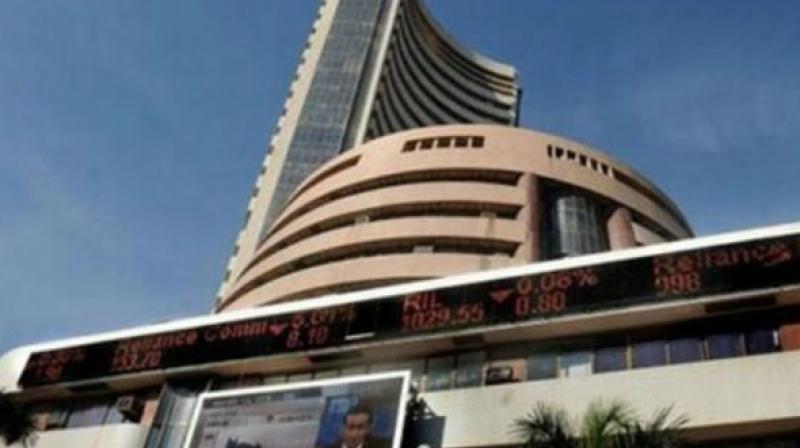Bourses opt for graded norms

Mumbai: In order to safeguard the interest of investors, stock exchanges have decided to introduce graded surveillance measures (GSM) that will warn investors about securities, which witness abnormal price rise not commensurate with financial health and fundamentals like earnings, book value, fixed assets, net worth, and price-earning multiple among others.
The new mechanism contains features such as collection of additional surveillance deposit from buyers of the identified security over and above the existing margins levied by the exchanges, allowing trading only once a week or a month and freezing of price on upper side of trading in securities.
This is in addition to the various surveillance measures already being implemented by the exchanges like alerting investors to be extra cautious while dealing with any particular securities.
Under the current mechanism, exchanges used to shift a security to ‘trade to trade’ segment where Intra-day square off is not permitted or lower the price band to contain high volatility in the prices.
“All the aforesaid actions shall be triggered based on certain criteria and shall be made effective at short notice. The members trading in the identified securities either on their own account or on behalf of clients shall be kept under close scrutiny by the exchange and any misconduct shall be viewed seriously,” the NSE said, adding that the above measures were discussed and approved at the joint surveillance meetings comprising senior officials from stock exchanges and the Sebi.
The new mechanism has identified six stages where the surveillance actions prescribed by the stock exchanges are different for each stage. To start with, a security would be shifted to ‘trade to trade’ segment with a price band of 5 per cent or lower.
In the second stage, the exchange has prescribed an additional surveillance deposit of 100 per cent of trade value to be collected from the buyer. In the subsequent stage, trading would be permitted only once a week or a month with the additional surveillance deposit being 200 per cent of the trade value.
In the final stage, no upward movement in the price would be allowed in the identified security and trading would be permitted only once a month.
“This additional surveillance deposit (ASD) shall not be refunded or adjusted even if securities purchased are sold off at the later stage within a quarter and also shall not be considered for giving further exposure. “A periodic review of securities under the GSM framework, to assess relaxation of surveillance action, if any, shall be carried out on a quarterly basis,” NSE added.

